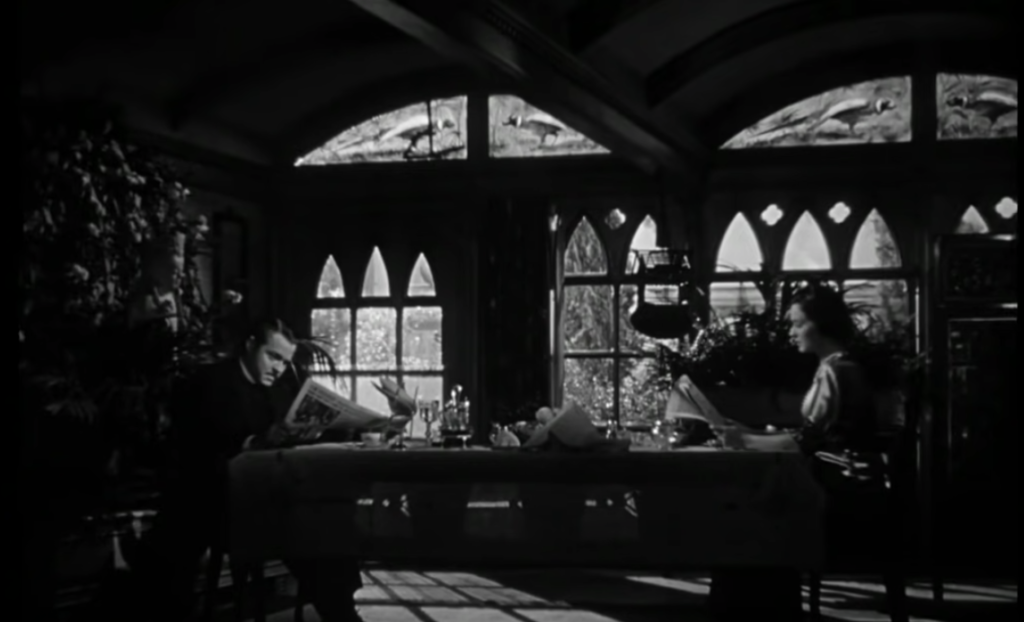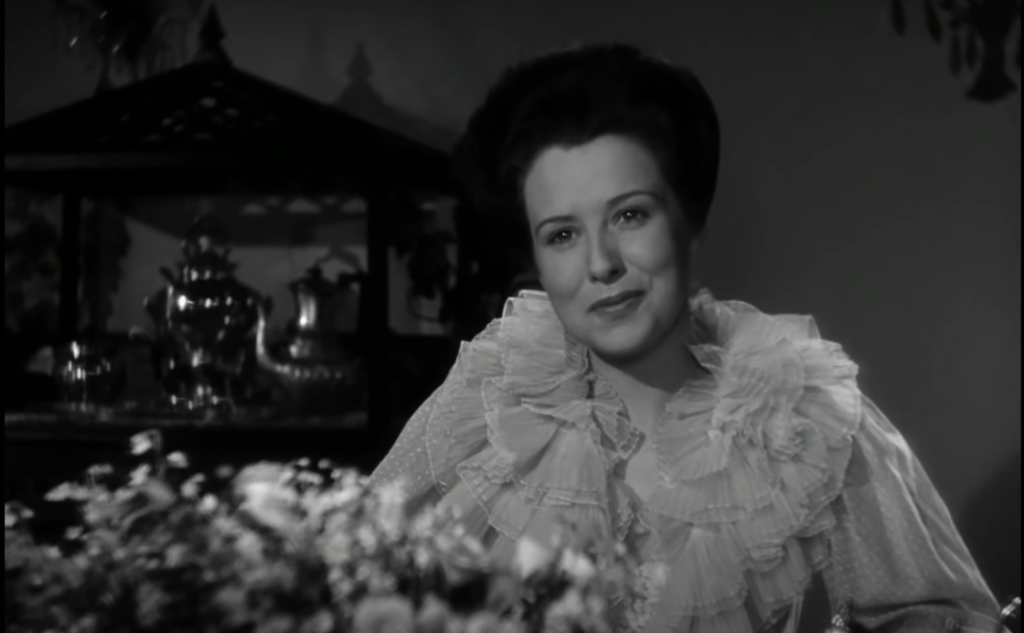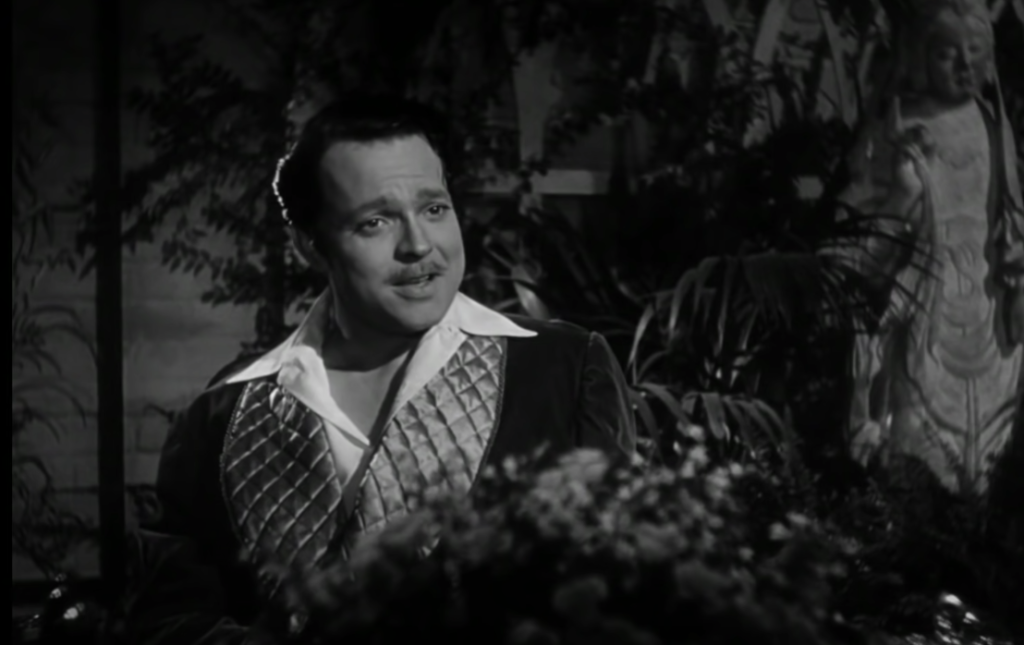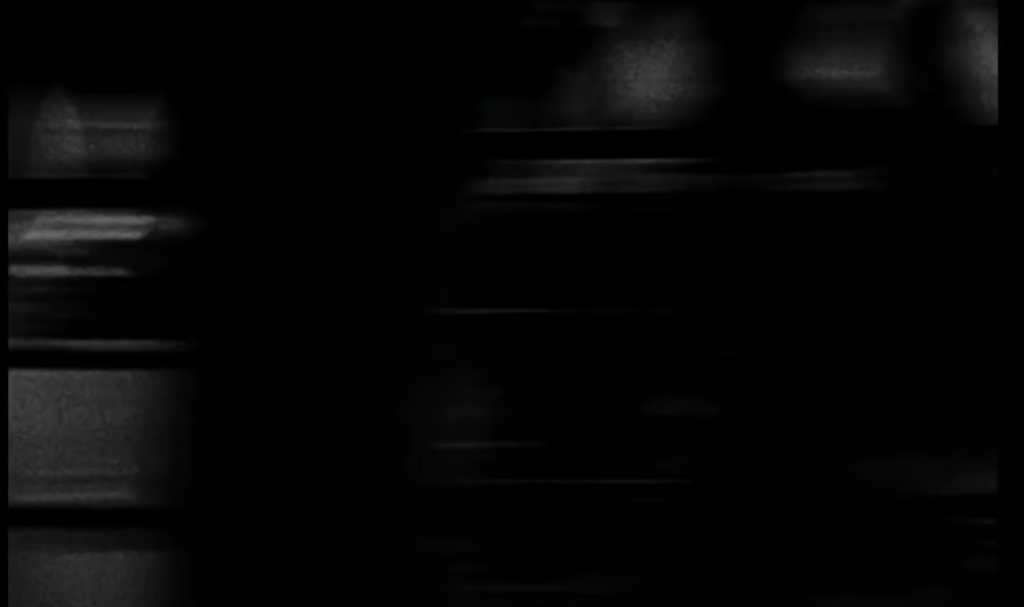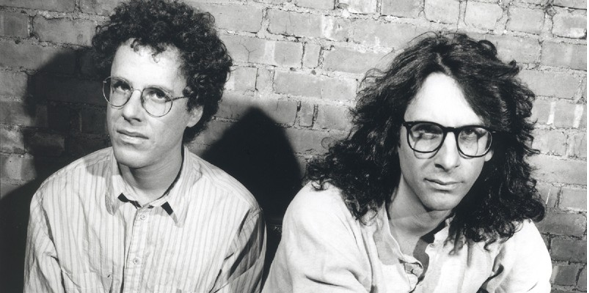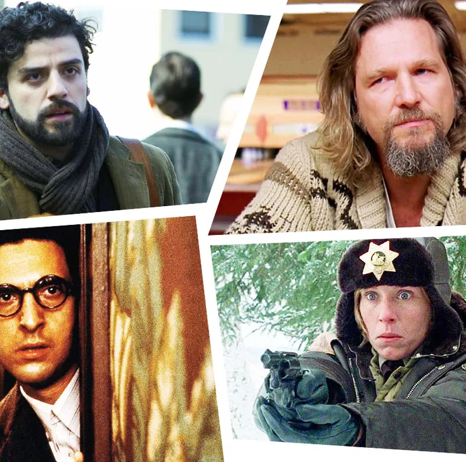Citizen Kane introduced many avant-garde (innovative) storytelling/cinematography techniques into Hollywood, with Welles leaving a huge influence on the film noir style. He used artful lighting, cinematography, and unorthodox narrative structure told through different perspectives etc.
Firstly, the film takes on a non-linear structure, with the film famously beginning with the death of the main character and the introduction of the mysterious “rosebud”. The use of inter-view style recollections from different perspectives enhances narrative complexity whilst also adding an alternate perspective depending on how the character knew Kane meaning we can perceive him through many different lenses, without knowing how reliable each one is, resulting in an unclear sense of who Kane really was.

Moreover, Welles and his cinematographer Gregg Toland pushed the conventions of film making, introducing techniques that are still prominent in the film industry today; one of their most influential being their use of deep focus. Deep focus allowed for some amazing shots and effects regarding long shots and status staging. For example, in the scene below Kane seems to be engulfed by his surroundings suggesting his inferiority compared to the others in the scene.
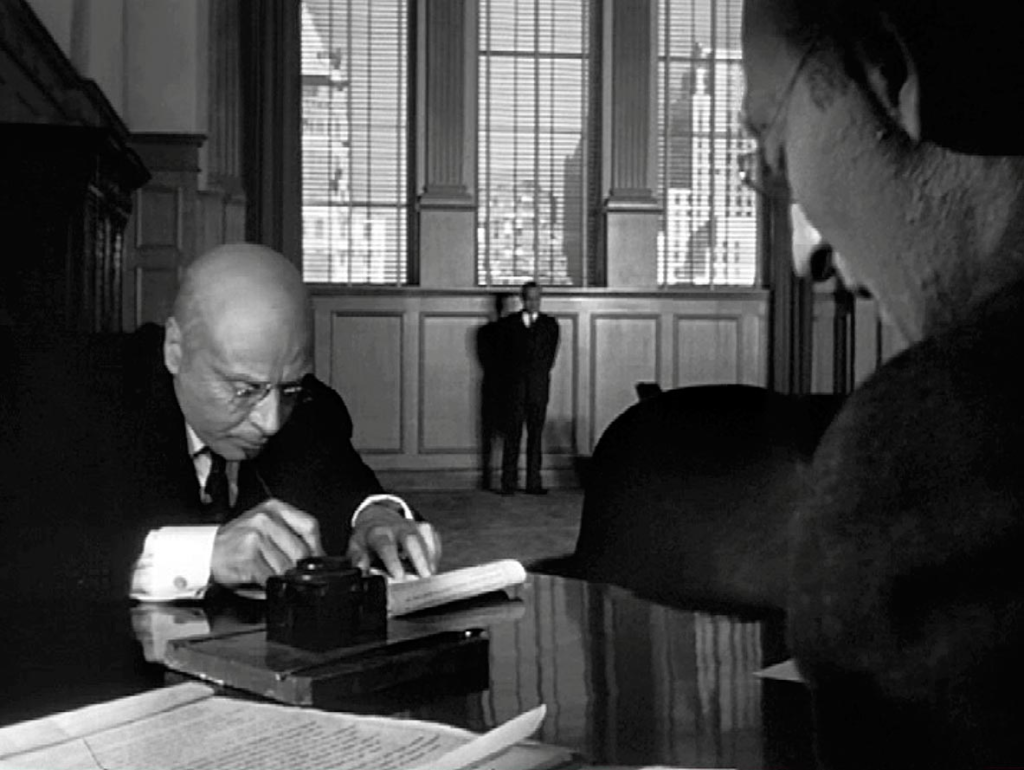
One particularly impactful shot is when Kane is walking down the hallway and his reflection is fragmented through the mirror perhaps suggesting he has lost his sense of self since his wife left him, or his isolation and the fact he’s left to himself.

Additionally, Welles experiments with lighting, with the whole film being in black and white, lighting/chiaroscuro, dark vs light, plays a big part in both the impact of the shot and the narrative itself. Welles masterfully uses light and shadow to convey characters internal emotions and turmoil. He desires, as a director, to connect and communicate with the audience through his images and the use of shadows aid him to do this. For example, as Kane signs the paper he’s engulfed in darkness perhaps foreshadowing his poor morals/greed. Thes lighting techniques went on to influence film noir.

His masterful use of extreme low and high angle shots is another reason why it may be held so high by critics. The low angle shots emphasise a character’s dominance, specifically in the below shot where Kane is shown at a particularly low angle highlighting his power/narcissism. Whilst high angled shots dwarf the subject, belittling them for example, as Kane stands on the newspapers. These shots were uncommon during this period.

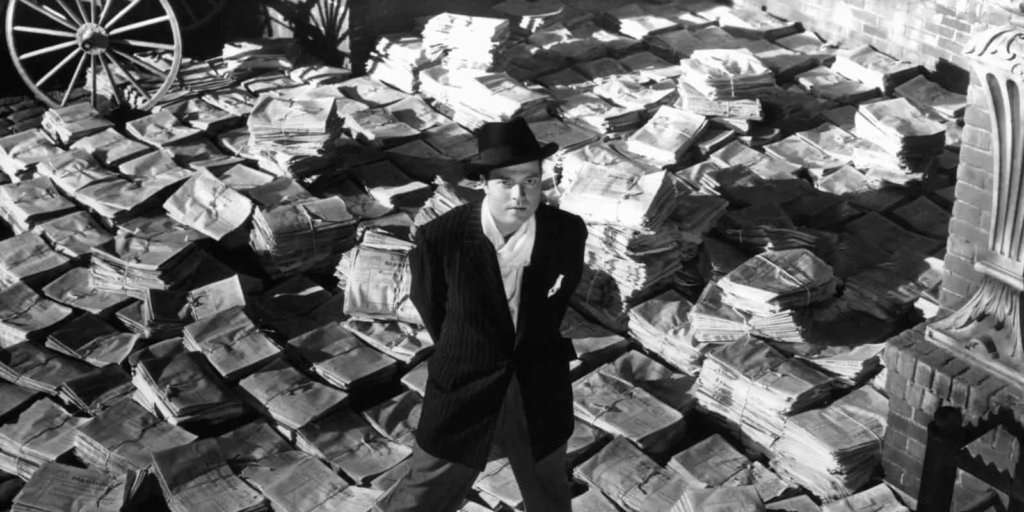
Ultimately, I think the reason it’s considered “the greatest movie ever made” is due to its unique and innovate cinematography techniques that helped film/cinematography advance.

